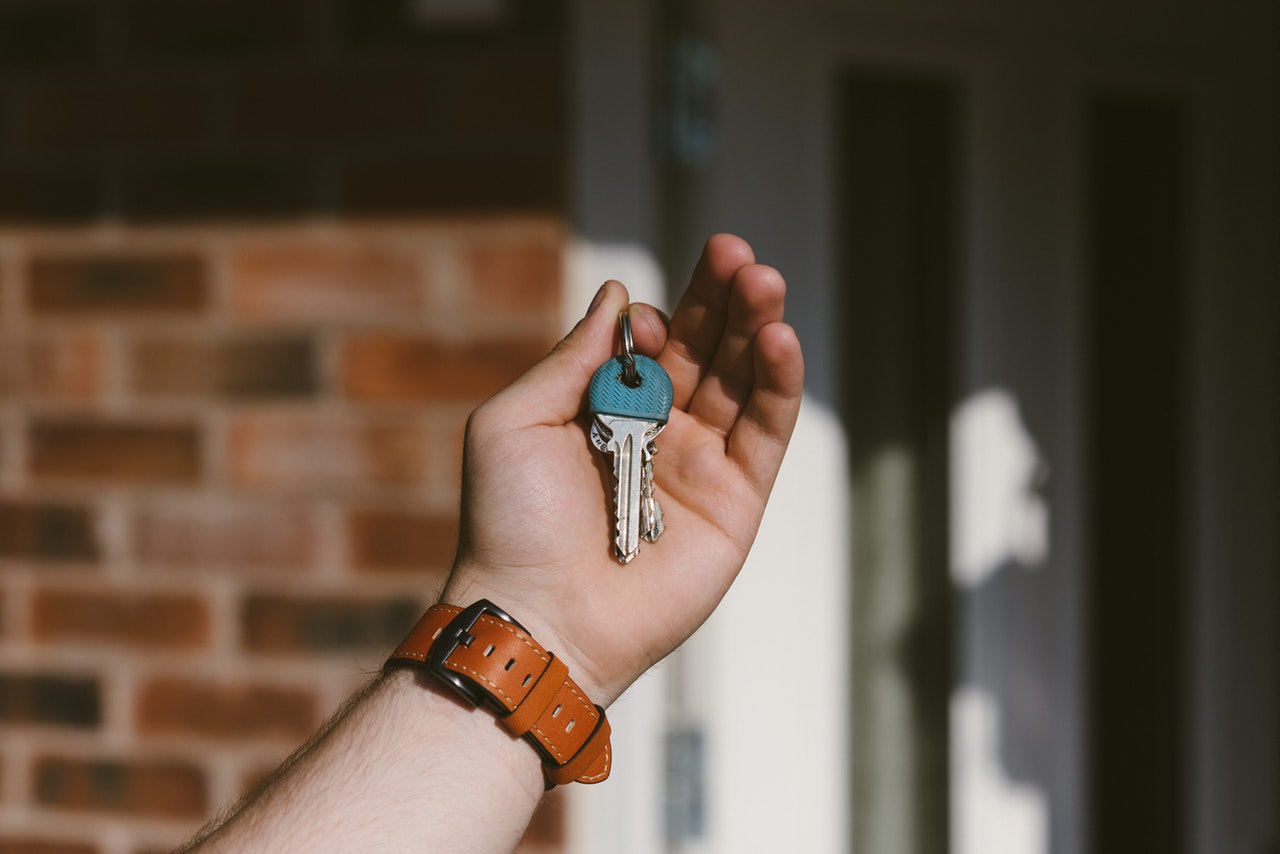Are you thinking of turning your second home into a rental property? Having a hard time covering two mortgages? Did you realize your home is in a tourist “hotspot”? Maybe you’re just looking for a way to generate additional income for your family? Whatever reason you’ve decided to turn your second home into a vacation rental property, if you do it right you stand to reap a lot of benefits. Before advertising your property for rent and waiting for tenants to fill out applications, there are a few things you should know to make the process as smooth as possible.
Maintenance and Repairs
Before renting out your vacation home you need to make the necessary changes. Completing maintenance and repair jobs around the property is imperative in making tenants comfortable. Some, depending on the damage to the property, may be required before you can allow others to occupy the space. Make sure that everything is up to code and in order for the safety of the tenants and protection of yourself.

Cleaning
After you’ve made sure the home’s structure, systems, and appliances are all in working order, you need to clean up. Tenants aren’t going to want to stay in a place that is a mess. You can either hire a professional cleaning service to do this for you or do it yourself. Pay close attention to common areas like the kitchen, bathroom, and living room. Mop floors, have the carpets cleaned, wash down walls if necessary, and simply tidy everything up.
Furnish Your Home
Unlike general rental properties where tenants would bring their furnishing with them, a vacation rental is different. Tenants expect to move into a place that they can begin using right away. They anticipate all the amenities they might receive at a hotel including a fully furnished house, appliances, and other amenities like a pool, hot tub, spa, video games, etc for their entertainment and use.
Protect Your Asset
Now that your property is a vacation rental home, you’ll need to get new insurance coverage. Most homeowners insurance policies do not cover vacation rentals. You’ll need to find out what type of property insurance you need to secure. As a bonus, it may also be ideal to mandate that your tenants also acquire insurance. You can even provide a list of renters insurance quotes to make the process easier.
Advertise
Now you’re ready to begin advertising your second home as a vacation rental. You can post it both on rental and vacation rental sites for maximum responses. Not only do you need to be detailed about how much the rental costs, when the property is available, and what it looks like, but you also need to provide pictures. Pictures allow renters to get an idea of what the property looks like, paying a visit and often draws more attention.
Screen Tenants
Though they may not stay in your home for years, they will be renting out the unit for several weeks or months at a time. You should definitely be aware of who will be in the home. Set up a screening process for tenants that includes checking past rental or mortgage history and their criminal and financial background.
Don’t Forget the Lease
You should never rent out your vacation home without a rental agreement. Within that agreement, be sure to spell out all the rules and regulations. It should also include the rental rate, what’s included in that rate, responsibilities of the tenant, and responsibilities of the landlord. Be sure to have the tenant review and sign the lease before providing them with a key.
There’s a lot you need to know if you’re going to be a landlord. Turning your second home into a vacation rental can help you pay off that second mortgage, pay down debts, live a lavish life, or even save for the future. The trick is to make sure that you’ve taken all the proper steps to provide a safe and decent environment for your tenants to reside in. From there, careful management and strict rental policies are all that’s needed for the money to start rolling in.



